Corporate
Athletes of the Week: Trinity Western’s Gilbreath, Acadia’s Veinot honoured
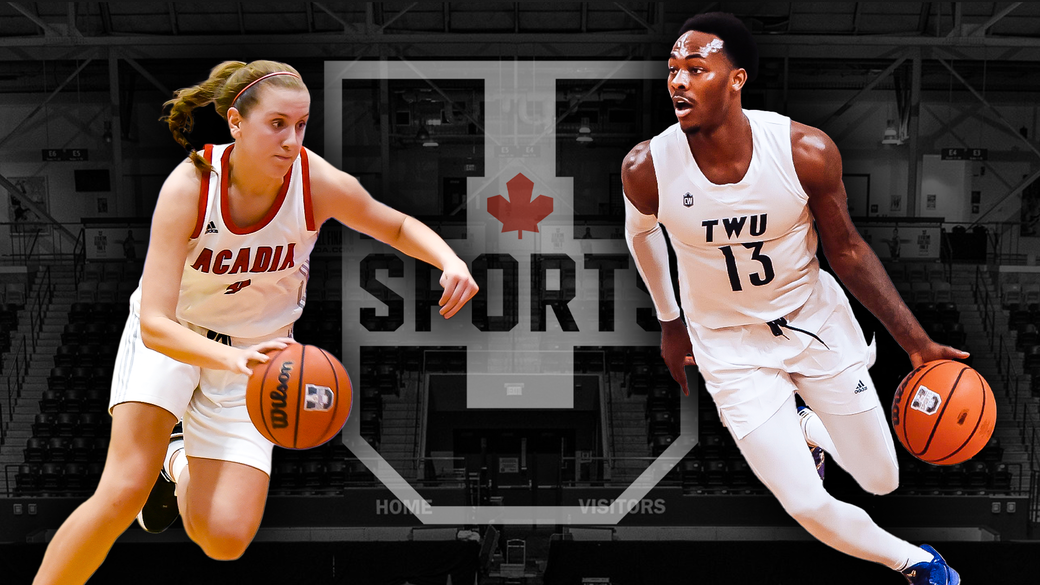

U SPORTS Staff
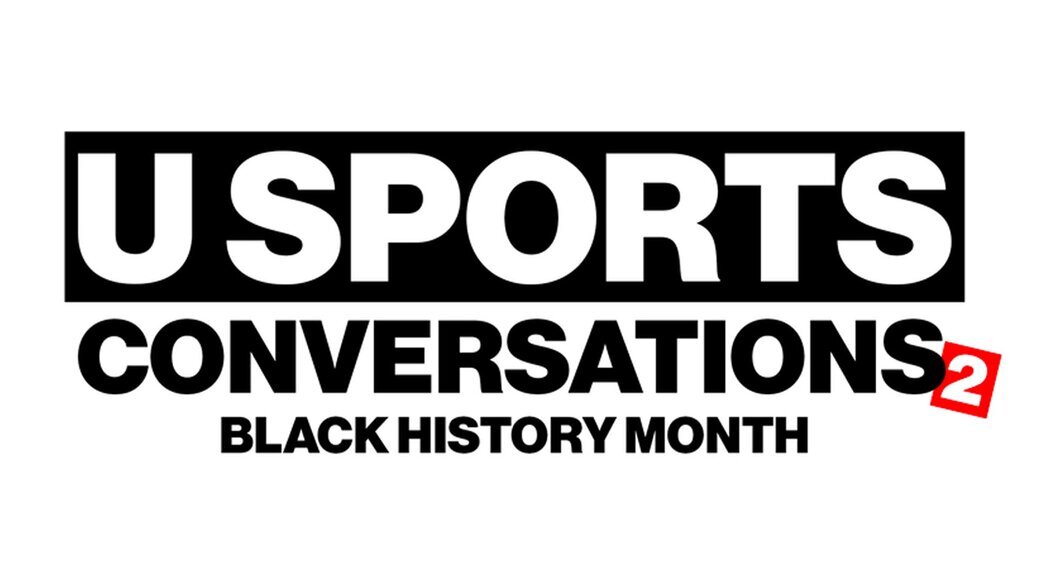
U SPORTS Conversations, a live event celebrating Black History Month featured several prominent Black personalities with ties to university sports in Canada took place on Tuesday, Feb. 22nd.
The second annual U SPORTS Conversations event was hosted by NBA TV Canada / Toronto Raptors personality and Maple Leaf Sports & Entertainment Producer Savanna Hamilton for the second consecutive year. Hamilton, a former member of the Ryerson Rams women’s basketball team from 2014-18, and featured a series of Black panelists from the U SPORTS ecosystem from numerous roles and member schools.
The live conversation gave our guests the opportunity to celebrate success stories for the Black community as well as address the institutional shortcomings of race relations within Canada’s University Sport ecosystem as a whole. The barriers presented to the BIPOC community as well as the advocacy work accomplished by U SPORTS members were highlighted with an emphasis on furthering the conversation on equity and diversity while laying the framework for future success.
U SPORTS Conversations 2: Black History Month https://t.co/wi5699j1x2
— U SPORTS (@USPORTSca) February 22, 2022
Omar Shiddo and Osman Omar
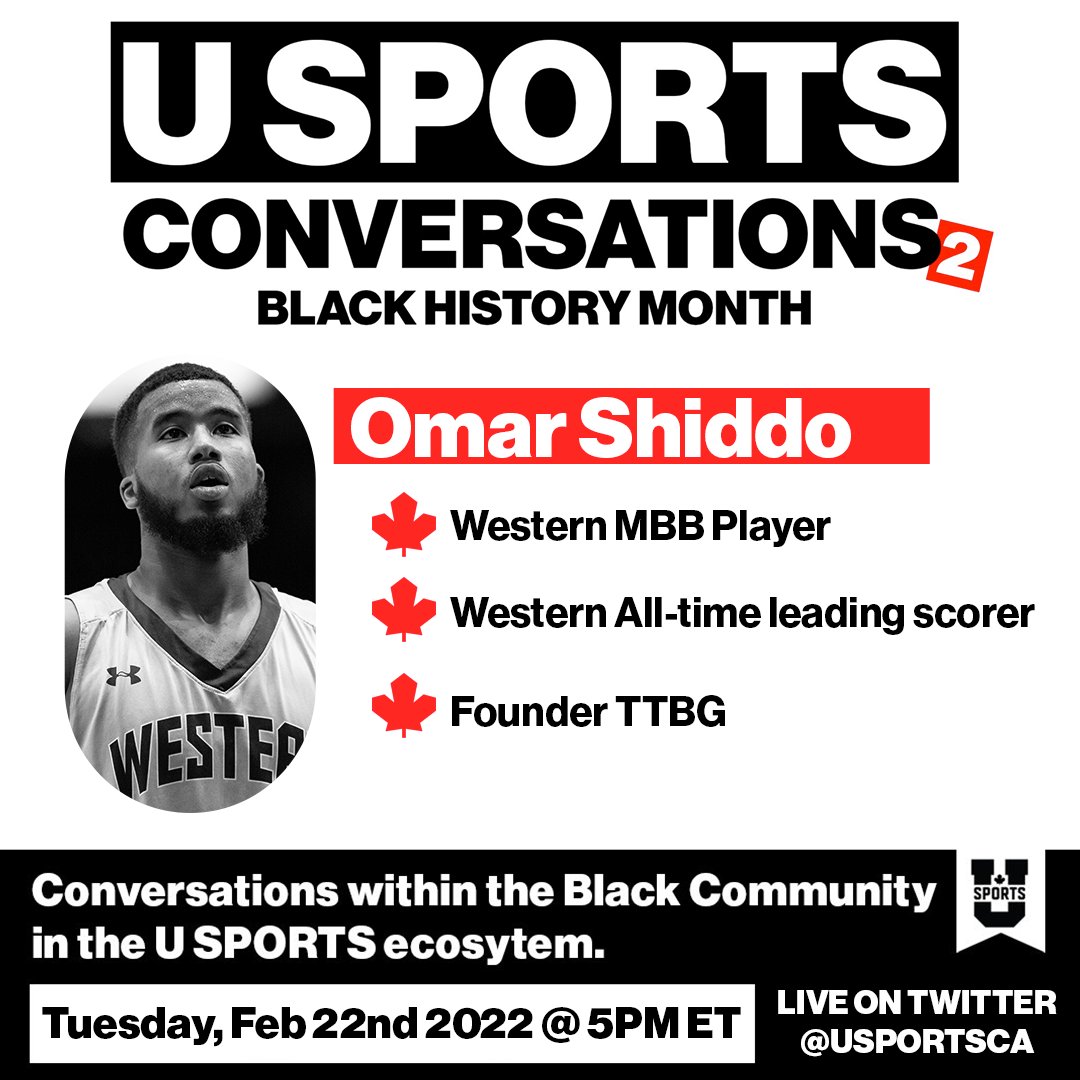
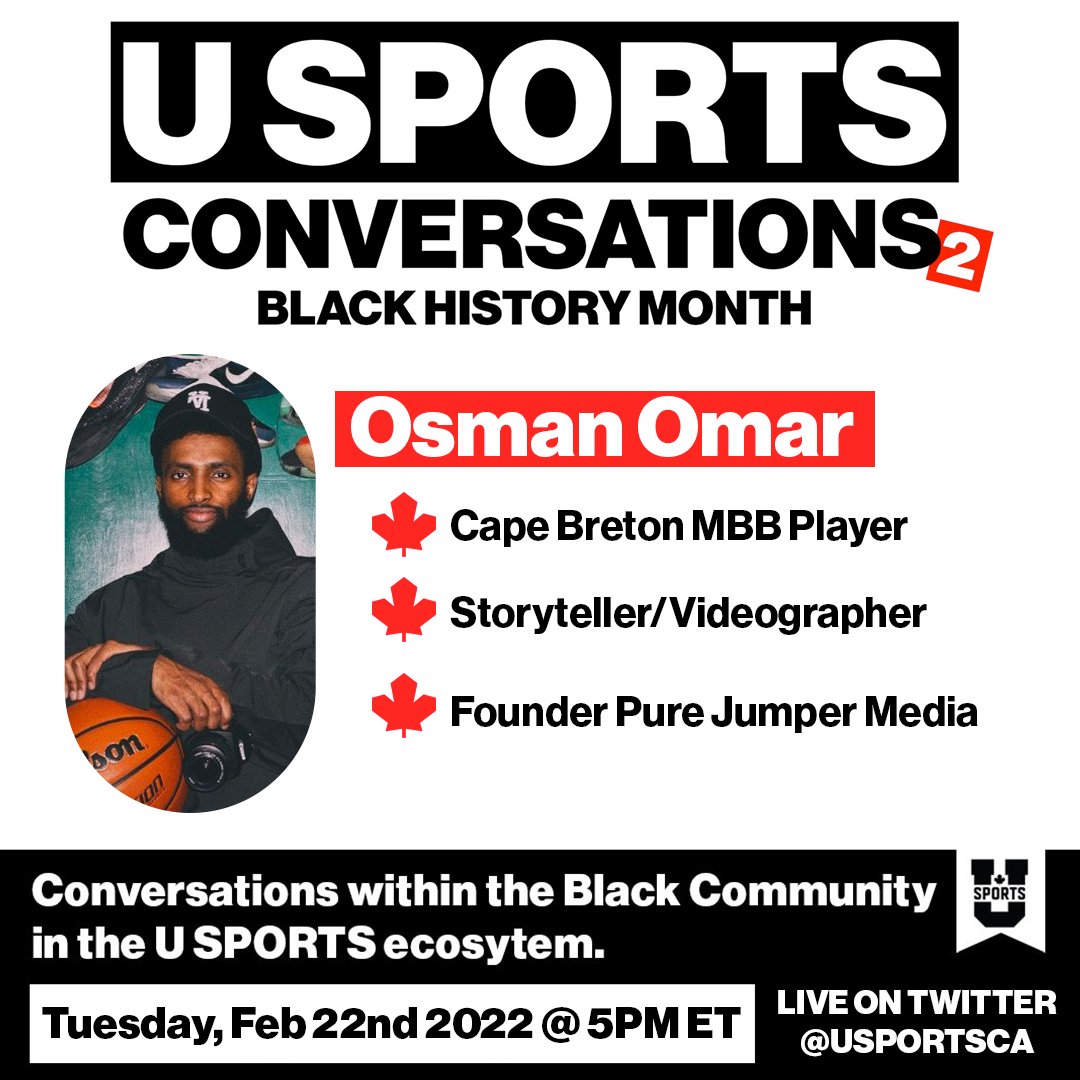
Omar Shiddo of the Western Mustangs men’s basketball team shared his story of personal perseverance as a Black Muslim within U SPORTS, while Osman Omar of the Cape Breton Capers touched on the importance of Black storytellers and content creators using their perspective and voice to invoke progress.
“We’re all learning as we’re going and living through it,” said Shiddo, from the perspective as a Muslim role model in sports. “We have to create a pathway for the younger ones. It’s about helping the next and doing it the right way.”
People always try to limit us to what we can or can’t do,” said Omar. “Being able to be a university athlete who’s also Black, I don’t want to just be a basketball player. Being a cinematographer or videographer; it’s important to show that you can do multiple things at once. The sky is the limit.”
Dr. Janelle Joseph
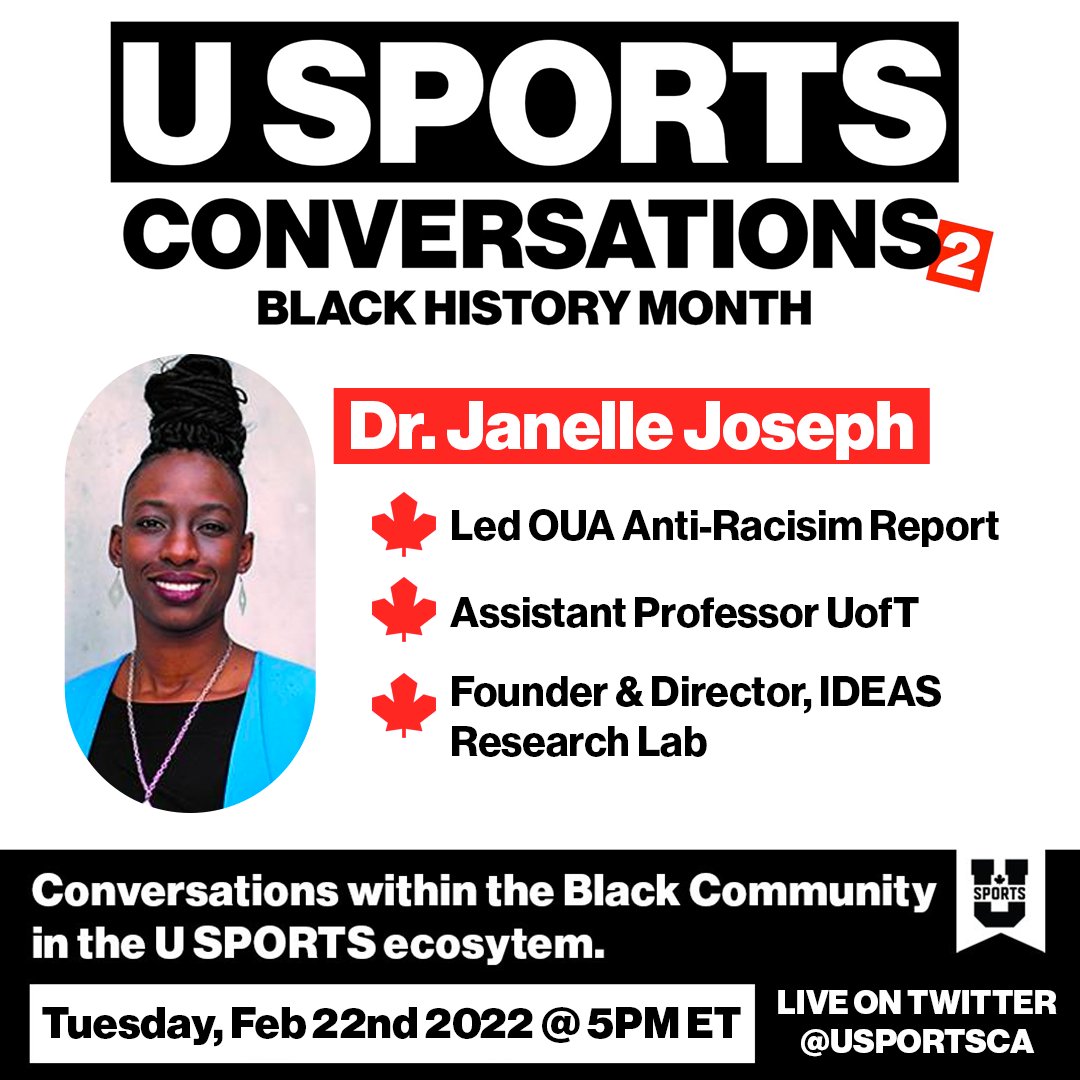
Dr. Janelle Joseph spoke about the survey conducted in the OUA that focused on demographics of racialized athletes, documented experiences of racism as well as how racism operates in everyday instances and how administrators and people of authority understand racism within their organizations but more importantly, how they’re making positive change.
“There is a disparity in understanding the experiences of other people. We heard from so many Black, Indigenous, East and South Asian athletes, coaches and administrators that they experience racism on a regular basis,” said Dr. Joseph. “Athletes would share these stories together but they need a forum for it to be heard more broadly.”
Corey Grant
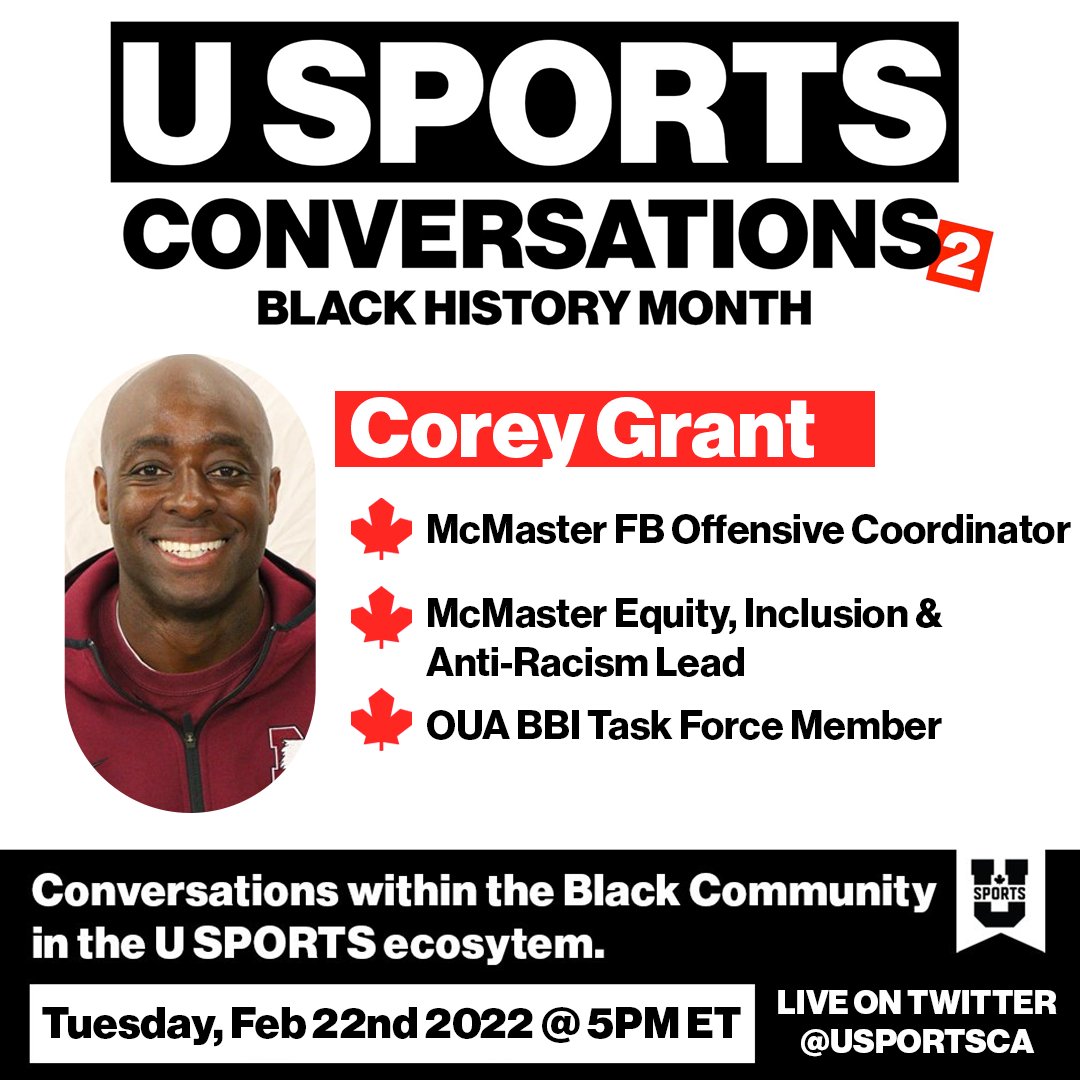
Corey Grant of the McMaster Marauders spoke on utilizing his various roles within the athletic department at McMaster to provide an outlet for student-athletes grappling with issues of racism. Grant’s role as Equity, Inclusion and Anti-Racism Lead as well as being the Offensive Coordinator of the Marauder football team leaves him in a nuanced position to support athletes and positively impact the sports community.
“The [Equity, Inclusion and Anti-Racism Lead] role is really student-facing. My role is to help and mentor BIPIC student-athletes,” said Grant “Sometimes you want someone who understands what you’ve been going through and having that lived experience. They bring a different knowledge, empathy and understanding of what you are going through. Students can talk to an individual that understands them, understands has been through those experiences.”
Sabrina-Binte Kone
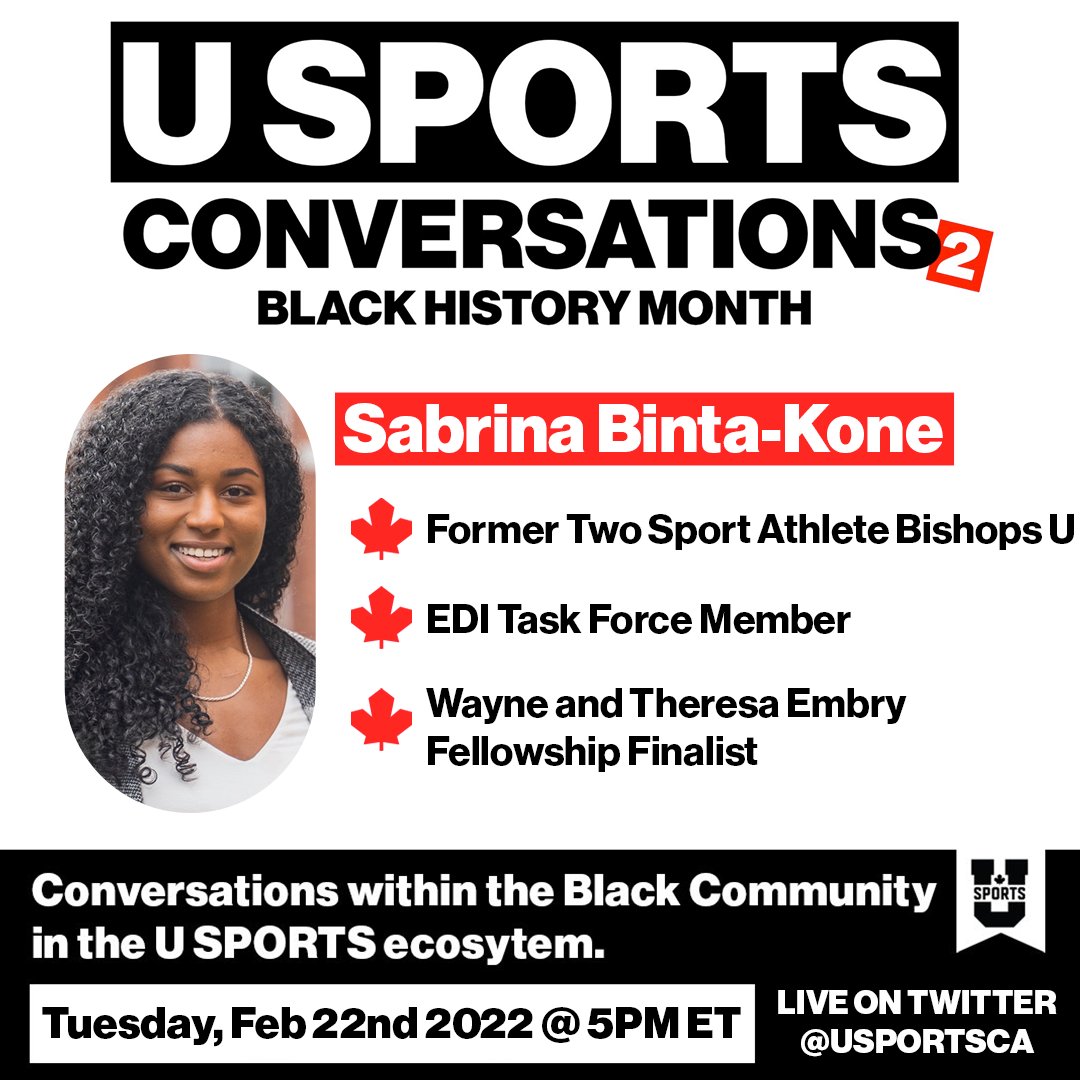
Sabrina-Binte Kone spoke about her perspective as a Black two-sport athlete in U SPORTS and her transition to a role that actionably pushes the agenda on equity, diversity and inclusion. This action includes grassroots initiatives on the campus level as well as the institutional level to affect change.
“Oftentimes when tragedies happen, like George Floyd, everybody would talk about it and conversations would start, but then actions would never be put in place,” said Kone. “Being very involved in athletics and academics, I felt that the last piece that was missing was representation. The main factor is having actions put in place and help be a part of that change on campus and beyond.”
Kwesi Adu-Poku II
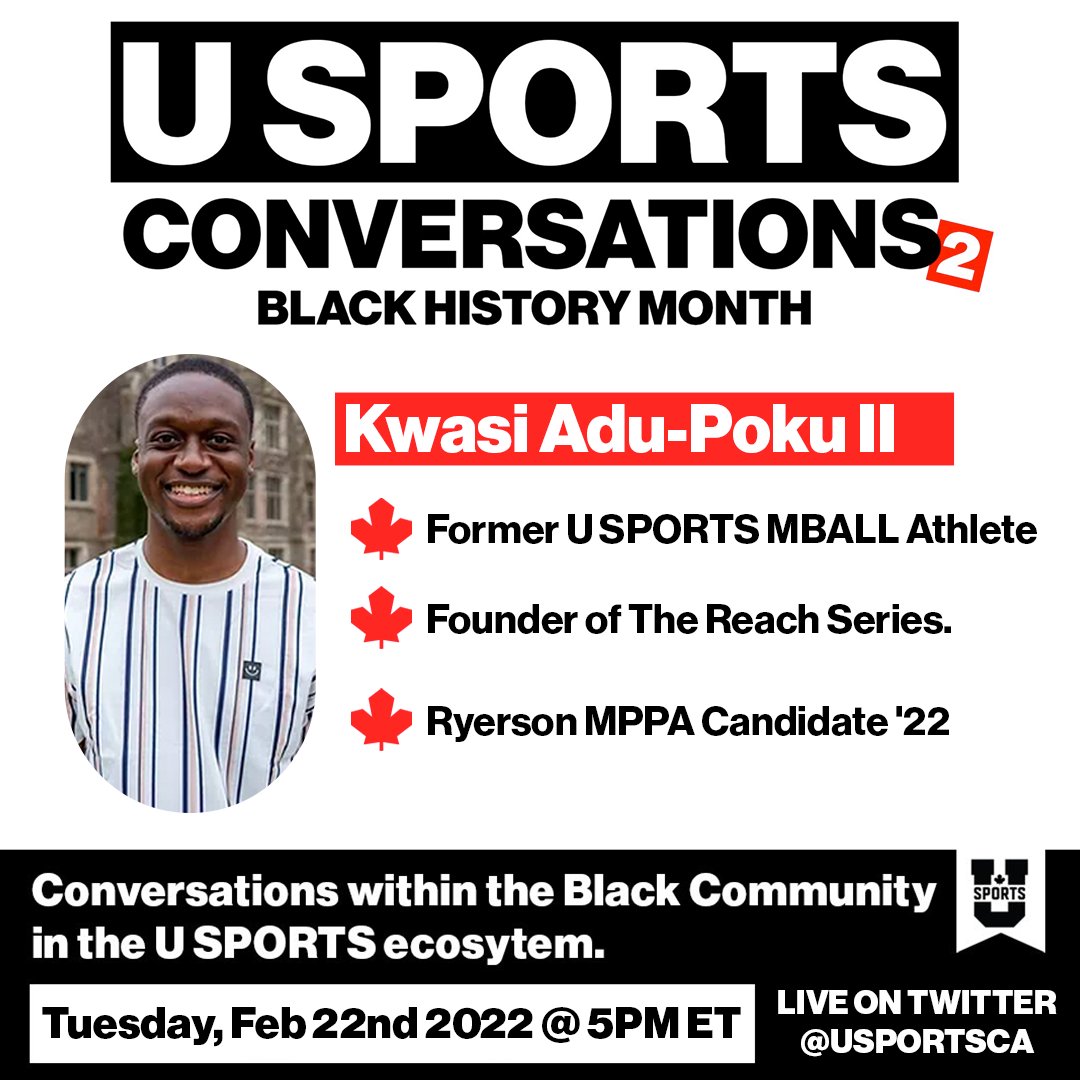
Former McMaster Marauders men’s basketball player. Kwesi Adu-Poku II founded The Reach Series to provide a platform to promote personal development and provide resources and workshops to gain insight on personal growth. Adu-Poku speaks on his personal issues with confidence and how The Reach Series is designed to positively impact those of the BIPOC community from a mental health perspective.
“I often struggled with my confidence. I found my self-worth fluctuated with my [on-court] performance and it took me to a dark space,” explained Adu-Poku. Once I got out of it, I took a lot of lessons with me. With hard work, self-belief, diligence and perseverance, you can do anything.”
Ose Obetoh, Ja’Qualyn Gilbreath, Tre Fillmore
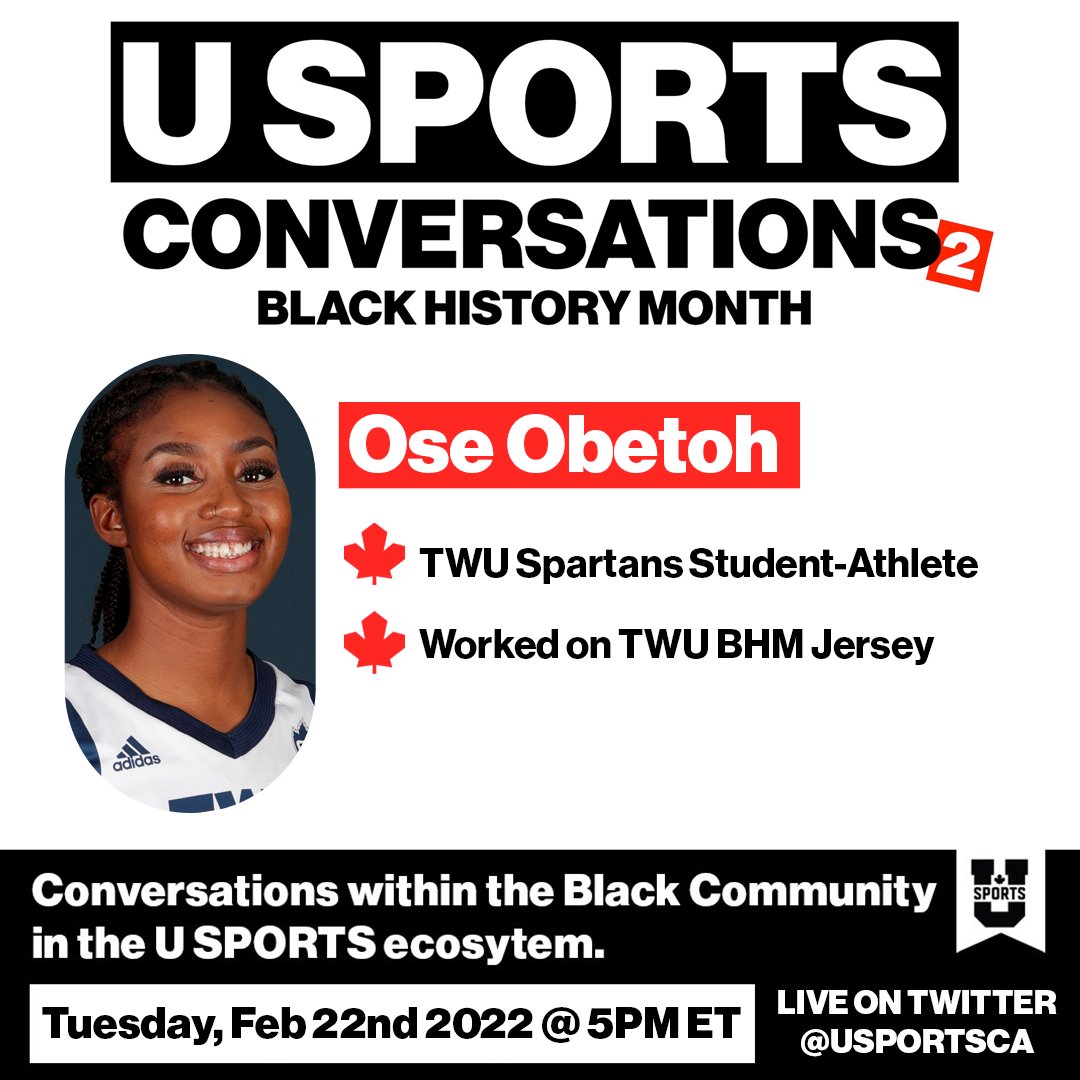
A trio of Trinity Western Spartans student-athletes came together to design Black jerseys in celebration of Black History Month with an emphasis on love. Ose Obetoh, Tre Fillmore and Ja’Qualyn Gilbreath spoke on the significance of the jerseys and how their doctrine that puts love first is the first step in overcoming racism.
“Love is the most important thing. It’s not us versus them that we want to perpetuate,” said Obetoh. We just want people to know that it’s all about love.”
Out of all the words we could have chosen, I feel like that was the best one. It fit well with our team and what we’re trying to build,” said Gilbreath.
“I just feel that love is the root of everything,” said Fillmore. A lot of time people would put “Equality” or “Black Lives Matter”. I think if we just focus on love, the rest will fall into place.”
Chris George
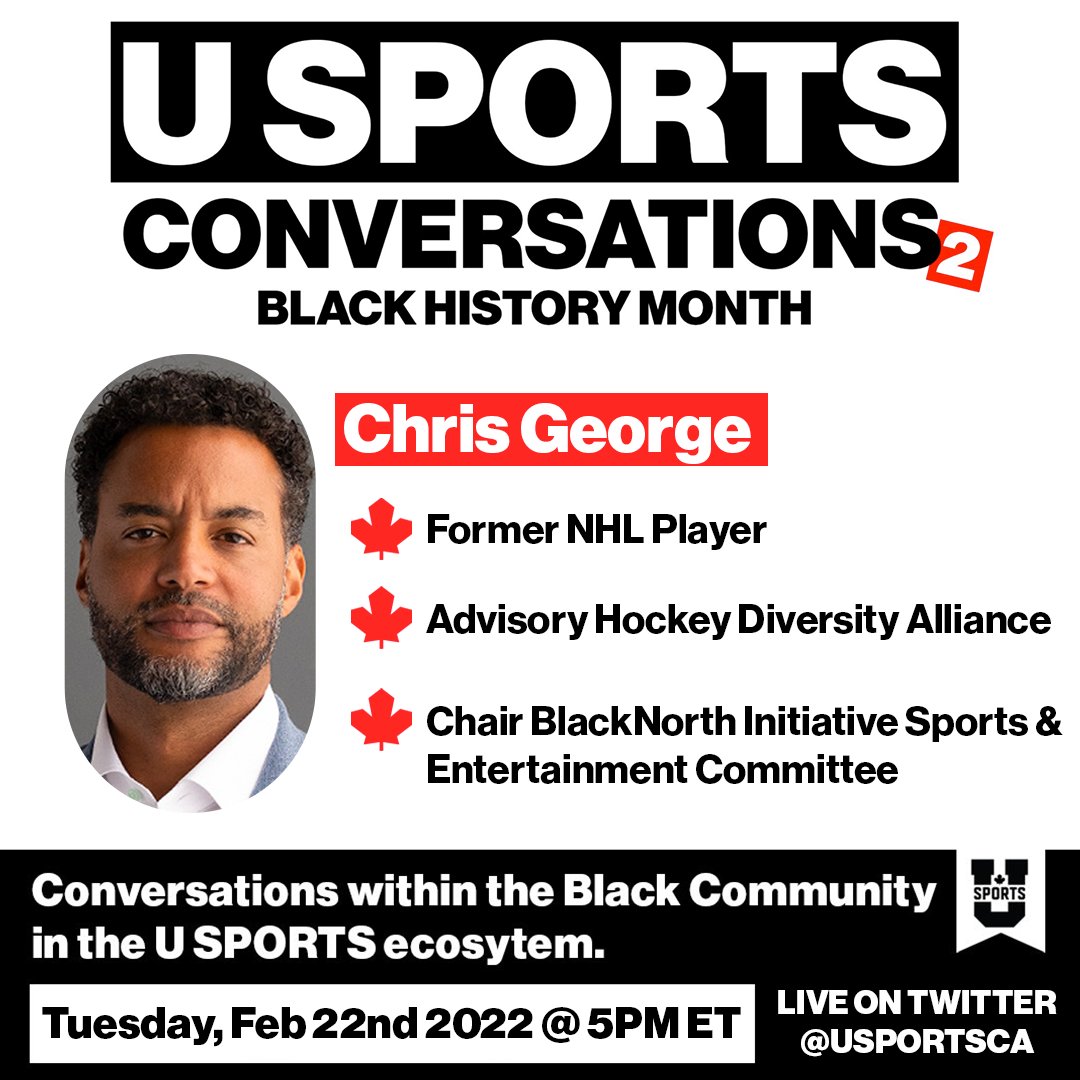
Chris George, who was drafted by the Colorado Avalanche in 1995 and played hockey for the Western Mustangs Like many athletes of the BIPOC community, George encountered blatant and systemic racism within dressing rooms and arenas. George speaks on the parallels between high-level sports and the corporate world in the realm of racism and the next steps to foster diversity and inclusion.
“There are some striking similarities and to be honest it’s a very white environment. We need to learn to find a way to communicate with each other to unite our messaging and engage our allies to create some sustainable change,” said George. “The Black North Initiative is a group here on Bay Street that has taken the conch to run out ahead in the community and really give these corporations the opportunity to get the guidance allies often need when they want to engage our community. We’ve gotten every large corporation in Canada to sign a pledge to commit to changing systemic racism, not only internally, but as they reach out to the community.”
Corporate
U SPORTS Staff
